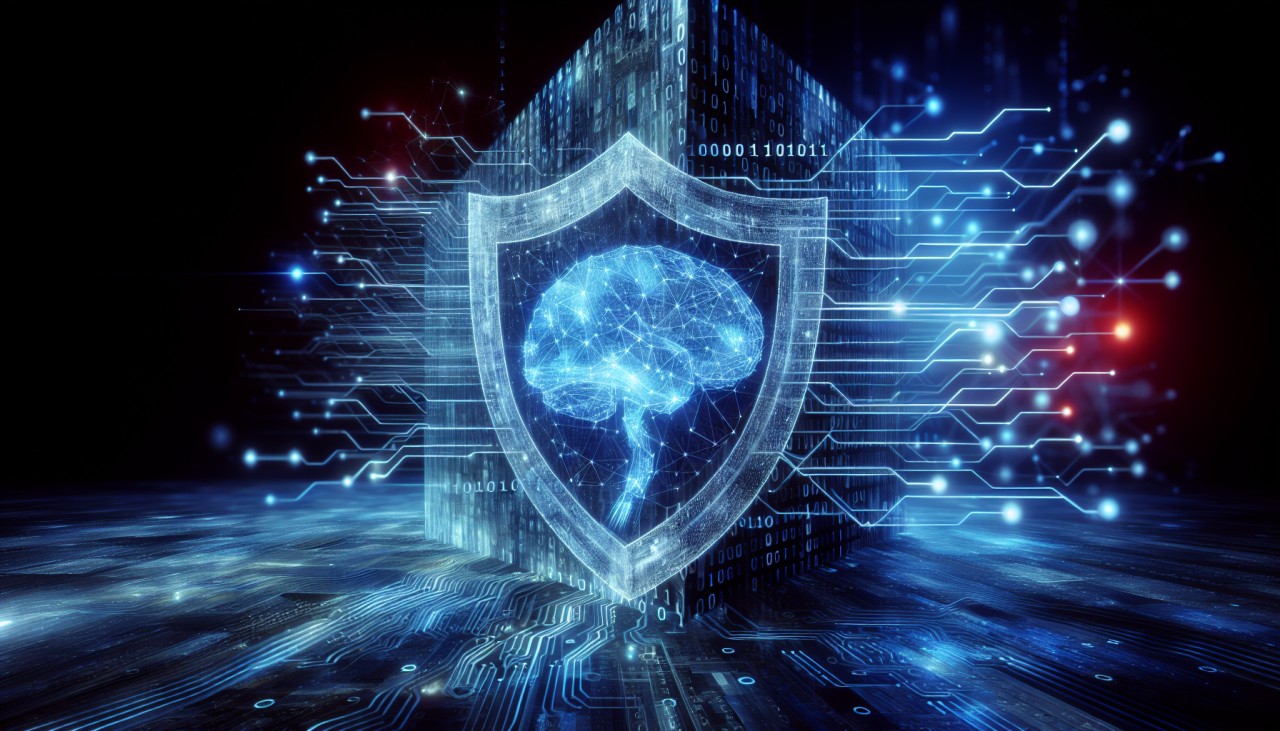Artificial intelligence (AI) is reshaping the cybersecurity landscape, providing organizations with advanced tools to detect and respond to threats more efficiently. AI-driven systems can analyze vast amounts of data in real-time, identifying patterns and anomalies that might elude traditional methods. This capability enables proactive defense strategies, allowing for quicker mitigation of potential risks. For instance, AI can enhance threat detection by recognizing unusual network traffic or identifying new malware strains based on behavioral analysis. Additionally, AI's ability to automate routine security tasks reduces the burden on cybersecurity teams, enabling them to focus on more complex challenges. Microsoft's integration of AI agents into its security tools exemplifies this trend, aiming to alleviate repetitive tasks and improve overall efficiency. axios.com
However, the same AI technologies that bolster defenses are also being harnessed by cybercriminals to launch more sophisticated attacks. Studies indicate that a significant portion of ransomware attacks now utilize AI to automate and enhance their effectiveness. This trend underscores the need for continuous innovation in cybersecurity measures to counteract evolving threats. Experts recommend a proactive, multi-layered security approach, incorporating AI-driven defenses, zero-trust architectures, and real-time threat management to address the challenges posed by AI-powered cyberattacks. techradar.com
Key Takeaways
- AI enhances real-time threat detection and response.
- Automates routine security tasks, reducing team workload.
- Cybercriminals leverage AI for more sophisticated attacks.
- Proactive, multi-layered security approaches are essential.
- Continuous innovation is crucial to counter AI-driven threats.
